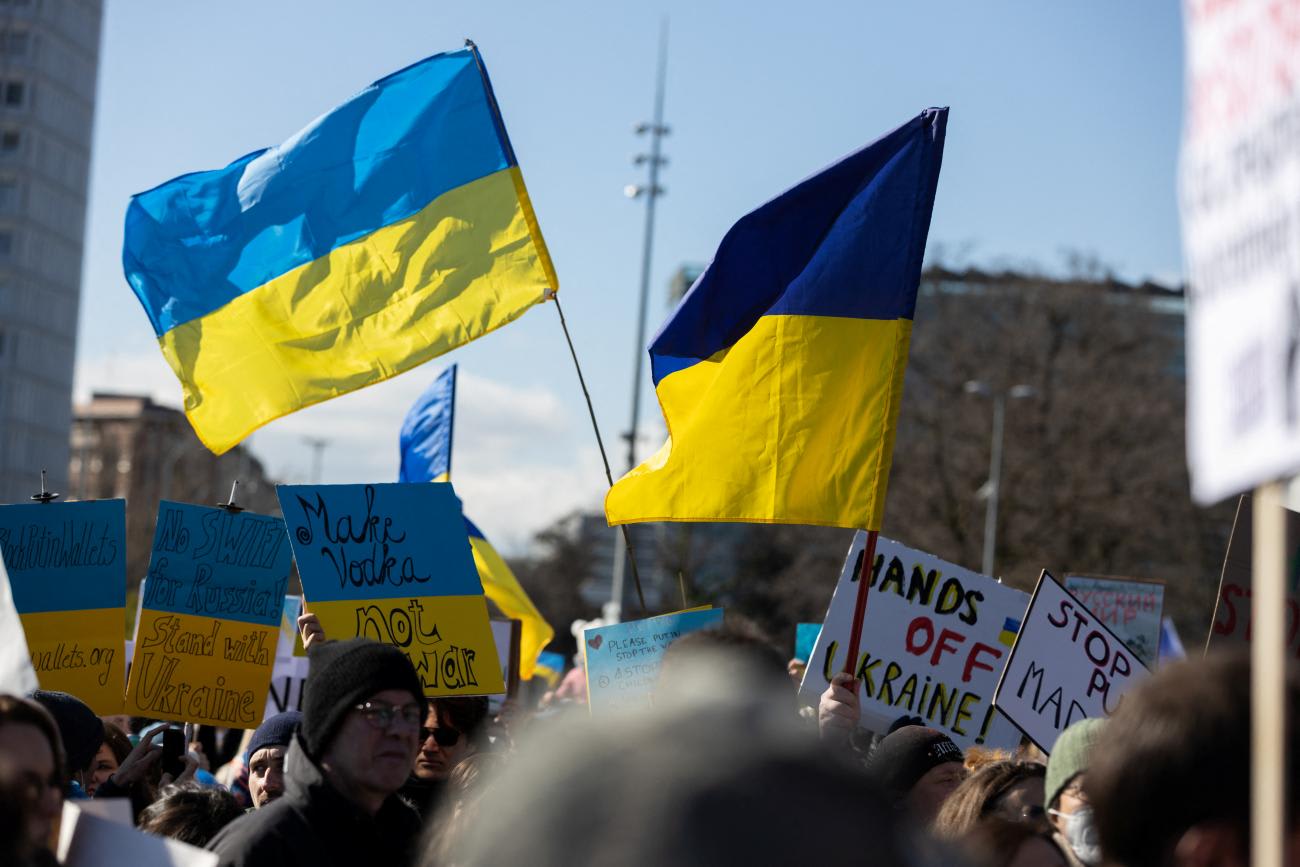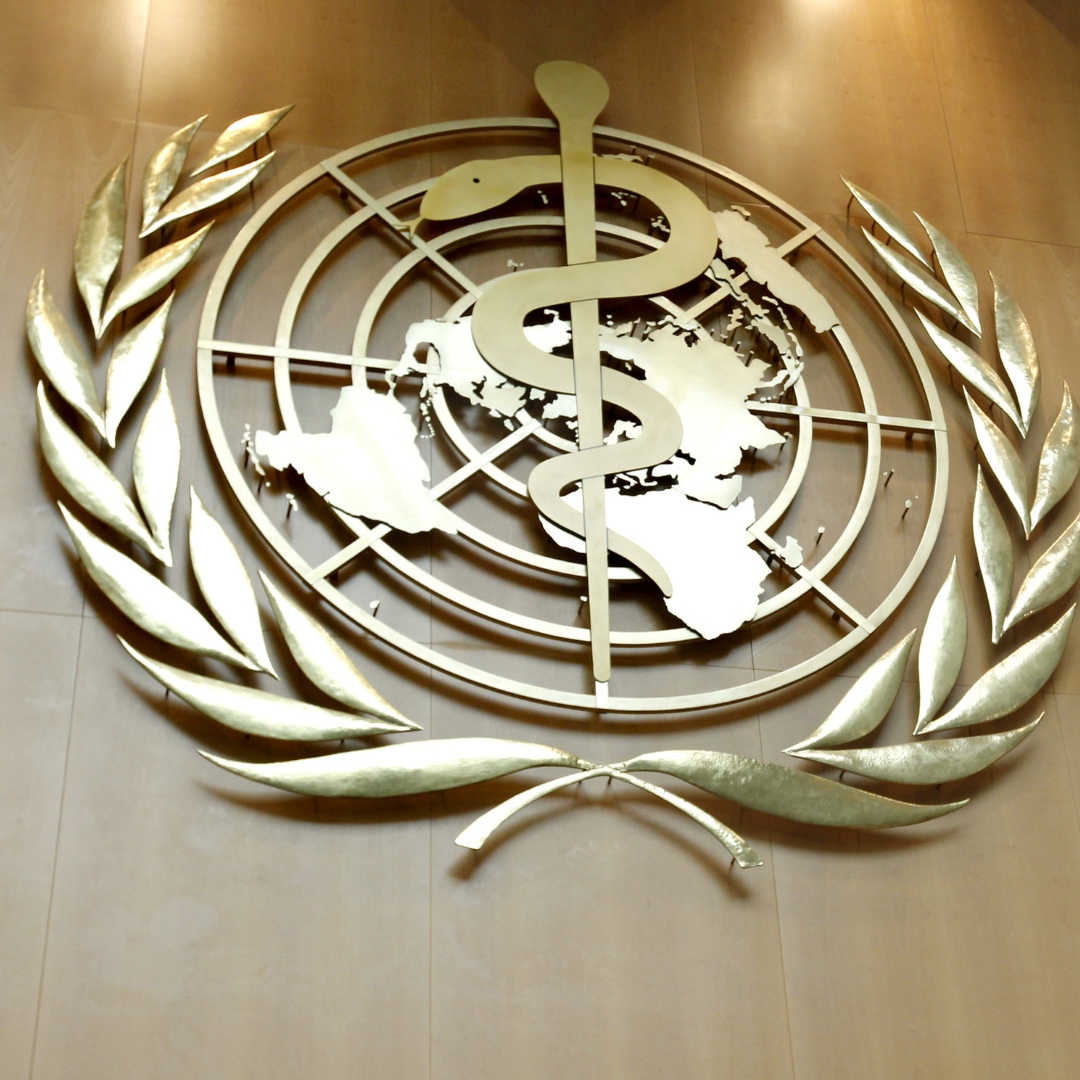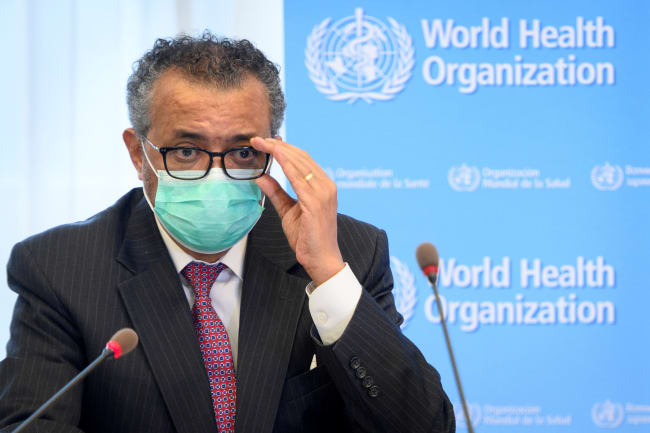The annual meeting of the World Health Assembly (WHA) concluded on May 28. At the gathering, member states of the World Health Organization (WHO) made many decisions, some of which stood out as potential turning points for global health. The WHA did not ignore COVID-19, but member states primarily grappled with challenges that the pandemic created and that must be addressed beyond COVID-19. However, member states demonstrated as much caution as resolution in some of the most prominent decisions taken. This wariness creates uncertainty about the importance of these decisions as the WHO labors to put global health governance on more solid post-pandemic footing.
Be Prepared: Health Emergencies and Revising the International Health Regulations
Given the COVID-19 tragedy, improving global governance for health emergencies has been an objective since the pandemic began. During the assembly, WHO Director-General Tedros Adhanom Ghebreyesus presented a blueprint for a new health emergency preparedness, response, and resilience architecture that integrates different ideas, such as revising the International Health Regulations (IHR).
The WHA amended the IHR to shorten the timeframe in which IHR amendments will come into force for member states that do not reject or make reservations to them. Given the interest in strengthening the IHR for future health emergencies, this first IHR revision in the wake of the pandemic is important. However, this amendment only alters how IHR revisions adopted by the WHA become legally binding. It did not change the IHR's substantive obligations or add new ones. The lion's share of attention on proposals to revise the IHR has focused on such obligations. Whether the amendment helps strengthen the IHR will depend on whether member states negotiate, adopt, and accept changes to the IHR's substantive obligations.
The WHA established a member state-led Working Group on IHR Amendments to negotiate amendments that the WHA will consider in 2024. Member states remain free to reject changes proposed during negotiations or adopted by the WHA. In that sense, member states revised the IHR without limiting their ability to oppose, reject, or make reservations to future amendments that alter their substantive duties under the IHR.

War is Hell: The Russia-Ukraine War as a Health Emergency
The health emergency that received the most political and media attention at the assembly was the health crisis triggered by Russia's invasion of Ukraine. The WHA addressed the armed conflict after the WHO regional office for Europe condemned Russian aggression and asked the assembly to take up the matter. The assembly's foray into an ongoing armed conflict was unusual and perhaps signaled a desire to expand the WHO's role in global governance.
Under its theme of "Health for Peace, Peace for Health," the WHA adopted a resolution condemning "in the strongest terms" the health horrors that Russian aggression has created, including attacks on civilians, children, pregnant women, and medical facilities and personnel. The resolution stated that the invasion qualified as an "exceptional circumstance" for which the WHA can suspend a member state's voting rights under the WHO Constitution.
But the assembly did not impose this sanction. Member states punted until next year's assembly whether Russia should face consequences for its criminal, atrocity-laden military violence. Governments, international organizations, and nongovernmental organizations have so frequently condemned Russia's aggression that another condemnation without consequences hardly qualified as a "health for peace" moment. And even then, only 88 member states voted for the resolution—less than half of the member states with voting rights (183) at this WHA meeting.
The resolution's weakness and tepid support underscored how irrelevant the WHA is in combating Russian aggression and, more generally, in building "peace for health" during armed conflicts. For example, the assembly did not condemn military activities in other armed conflicts that are causing health crises, such as the war in Ethiopia. The resolution exposed the dangers of expanding the WHA's role to include matters of war and peace through weak decisions prompted by geopolitics rather than health principles.
Show Me the Money: Sustainable Financing for the WHO
Before COVID-19, the WHO and its supporters argued that the organization needed more sustainable financing that should be achieved by increasing the assessed contributions that member states must pay under the WHO Constitution. WHO member states consistently refused to increase such contributions. The pandemic generated more pleas for increased assessments. In 2020, 2021, and 2022, the WHA rejected these pleas.
But this year, member states adopted a "historic decision" by purportedly agreeing to increase future assessed contributions. Such a decision would indeed be historic if that is, in fact, what member states did. But the WHA's decision does no such thing. Rather, the decision establishes a process through which member states might approve increased assessed contributions over a defined period and with a specific funding target.
Member states punted until next year's assembly whether Russia should face consequences for its criminal, atrocity-laden military violence
The WHA adopted recommendations made by the WHO Working Group on Sustainable Financing and requested that the Director-General implement them. The recommendations primarily request that the WHO secretariat and the WHA do certain things. The key recommendation "requests the Secretariat to develop budget proposals … for an increase of assessed contributions to contribute to [the] financial stability of WHO and with the aspiration to reach a level of 50% of the 2022-2023 base budget by the biennium 2030-2031." The decision requests that the WHO secretariat prepare the first proposed increase for consideration at the WHA in 2023.
Nothing in that request directed at the WHO secretariat commits member states to accept the increased assessments that the secretariat proposes in 2023 and beyond. Further, member states conditioned their consideration of such proposals on the WHO instituting budgetary and financial reforms that strengthen member states' ability to "exercise enhanced visibility and oversight across the Organization."
In short, the decision establishes a process that leaves member states able to accept, modify, or reject proposals for increased assessed contributions. The process empowers them to reject proposals because the WHO has not implemented adequate budgetary and financial reforms. Over time and across international organizations, states have frequently cited, in good and bad faith, the lack of sufficient institutional reforms when rejecting proposals for giving such organizations—including the WHO—more authority and resources.
This reading of the decision is supported by the improbability that China, Russia, and the United States all agreed to mandatory increases in assessed WHO contributions for the rest of the 2020s. China and Russia are not on good terms with the WHO, making it unlikely they consented to increased assessments across nearly a decade.
Historically, the United States has not been keen on increasing assessed contributions. President Joe Biden has continued this longstanding position at the WHA. At home, President Biden has not overcome opposition to his own global health spending requests. With the 2022 mid-term elections approaching, he had no reason to agree to increased WHO assessments and let Republicans pound Democrats for sending more American taxpayer money to unelected, foreign bureaucrats. With Democrats expected to lose control over one or both houses of Congress after these elections, prospects for the United States agreeing to increased WHO assessments in 2023 and beyond are dead before arrival.
Progress through Process?
Each WHA action analyzed above relies on a process through which member states can, over time, agree on global health governance reforms. The IHR amendment primes member states for negotiations on revising the IHR. The resolution condemning Russia forces the WHA to consider whether to sanction Russia—and perhaps other countries—during armed conflicts. The decision on sustainable financing requires the WHO secretariat to propose, and member states to consider, increased assessed contributions starting at the assembly's 2023 meeting.
The process-centric nature of these actions highlights that member states have not yet found common ground concerning substantive reforms for the post-pandemic world. Member states demonstrated more prevarication than conviction in taking these steps toward governance reform. This pattern appears in other recent WHA decisions, such as starting negotiations on a pandemic instrument that might, or might not, be legally binding and that might, or might not, include meaningful provisions on pandemic preparedness and response.
Of these steps toward reform, the decision on WHO sustainable financing is the most important because it embeds a widely acknowledged need in a defined process with a specific target. As seen with the Millennium Development Goals and Sustainable Development Goals, setting specific, measurable targets in a collective-action process helped push countries to make progress, however halting and incomplete the progress was.
I doubt member states will increase assessed contributions as envisioned in the WHA's decision. But I am intrigued by this development, and, as I have learned over the years, there can be more things in global health than are dreamt of in my skepticism.













